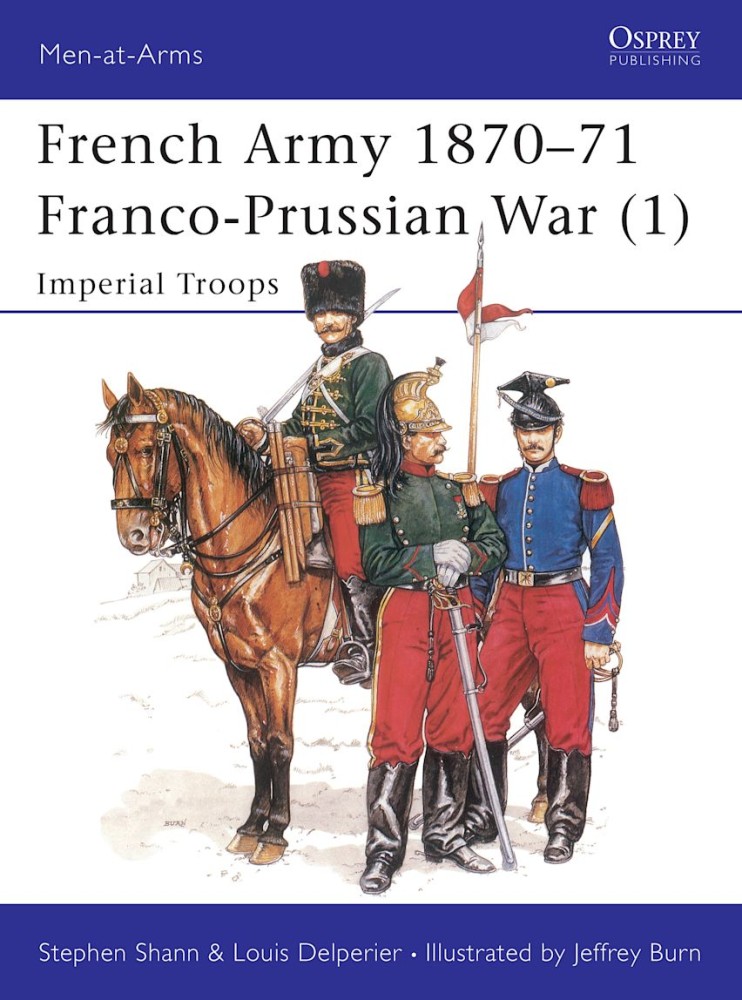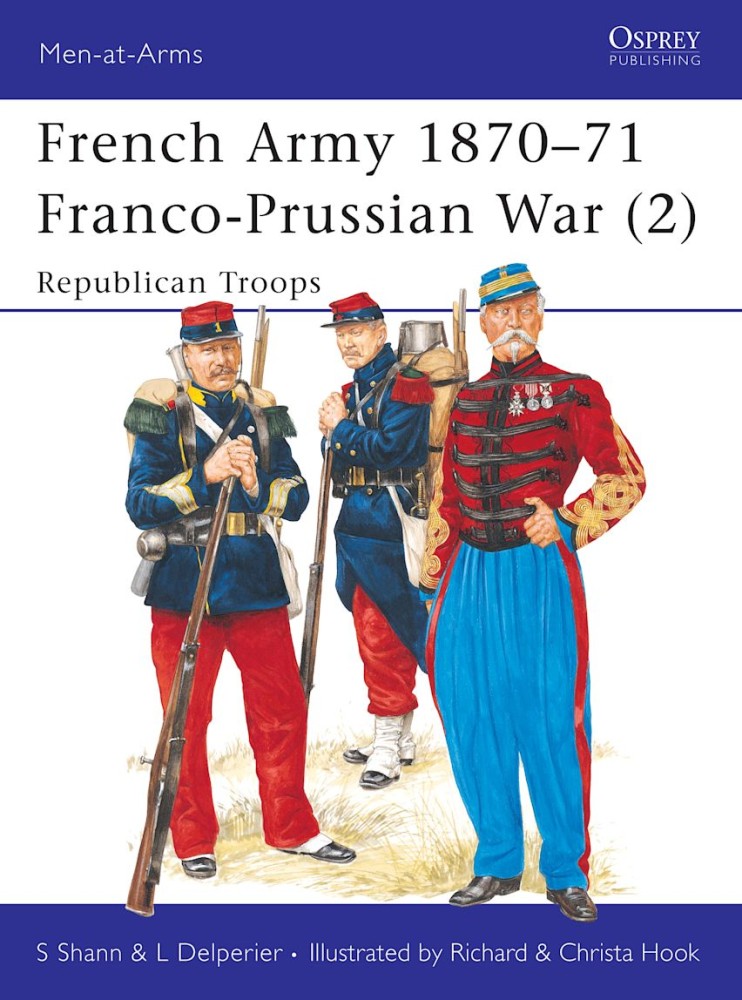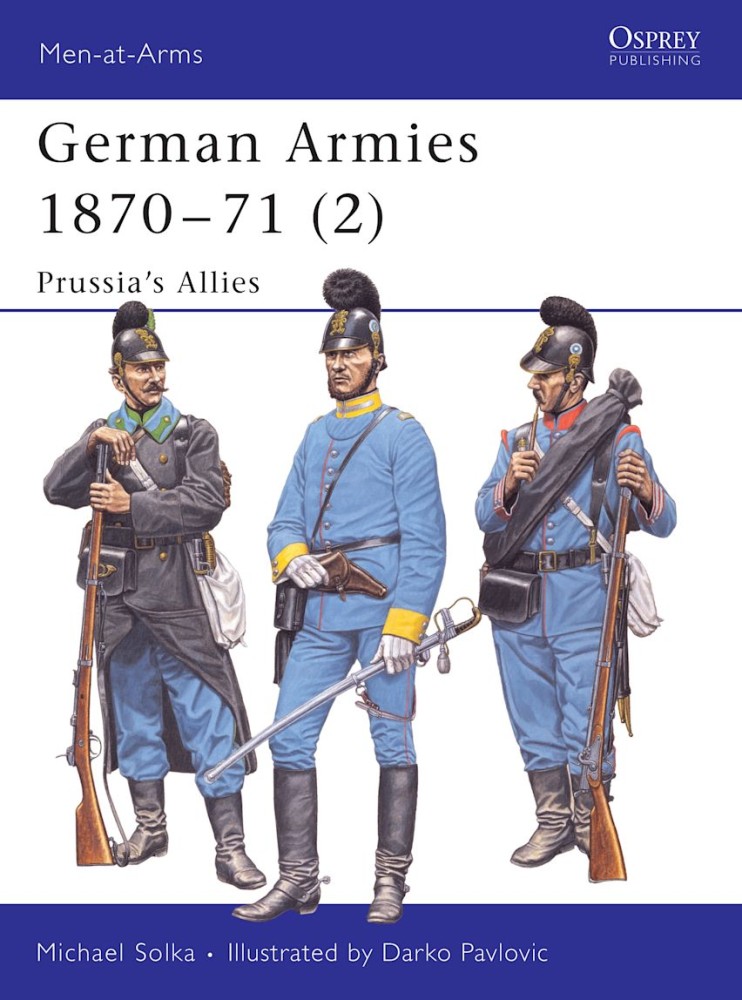At the time of the Second Empire, under Napoleon III, the French army, elevated from tactful obscurity, was re-modelled on Napoleonic lines. This army first fought in the Crimea, and then against Austria. Later, In Mexico, they had a disastrous adventure while in Europe Prussia was fast emerging as a challenge to France's military pre-eminence. Together with Austria, Bismarck first crushed Denmark before turning on Austria herself. The victory at Sadowa in 1866 stunned Europe, and in Paris Napoleon and his advisers set to thinking of a way to counter this new threat. In this first of two volumes looking at the French Army of the Franco-Prussian War, Stephen Shann and Louis Delperier examine the history, organisation and weapons of the French Imperial troops.
The capitulation of Napoleon and his army at Sedan in September 1870 shook Paris to its foundations. The Second Empire was swept from power, and a Government of National Defence hastily put in its place. To replace the weakened professional army the French called for a 'war of the people'. A companion volume to Men-at-Arms 233: The French Army 1870-71 Franco-Prussian War (1) Imperial Troops, this book covers the forces that participated in the second half of the campaign, including the regular army, l' Armeé d' Afrique, la Garde Mobile, la Garde Nationale and the naval forces. The text is accompanied by contemporary photographs and detailed colour plates.
Although the war of 1870–71 has gone down in history as the 'Franco-Prussian War', nearly half of the German troops sent to the frontier were from other German states – both the willing members of the North German Confederation and the southern states who were in some cases more hesitant about accepting Prussian domination. Some contingents had only one or two regiments – though these might be of high quality, like the 'Black Brunswickers'; others provided whole army corps, like Bavaria and Saxony. This book lists and illustrates the organization and varied uniforms of all these allied contingents, most of which fought well when it came to the test of battle.



